How The US Oil Boom Transformed National Security Priorities: New Energy Security Outlook By Former National Security Officials [Graphs] [Slideshow]
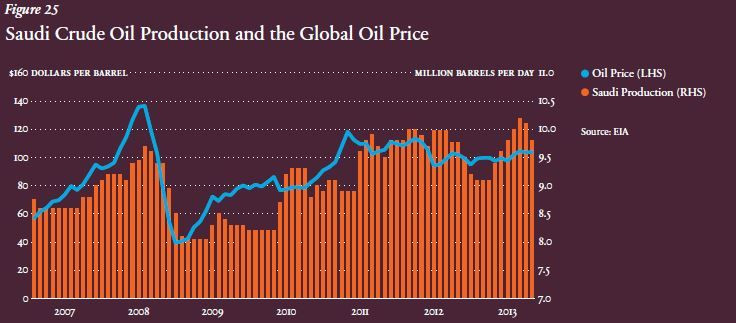
The U.S. is now one of the world’s largest oil producers, and with the increase in production, the U.S. has the potential to provide real energy security, according to former national security officials.
The Commission on Energy and Geopolitics, a bipartisan group of former high-ranking military and government officials, released its inaugural report Wednesday, on “Oil Security 2025: U.S. National Security Policy in an Era of Domestic Oil Abundance,” and acknowledged the U.S.’ new unique position of increased oil production.
While the group welcomed the increase in oil production, the former officials cautioned that as long as “oil remains the lifeblood of the U.S. economy, the country remains at risk to high volatile oil prices and instability in critical oil-producing regions like the Middle East,” the report stated.
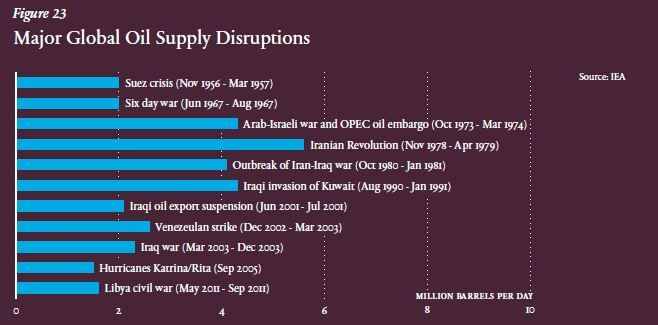
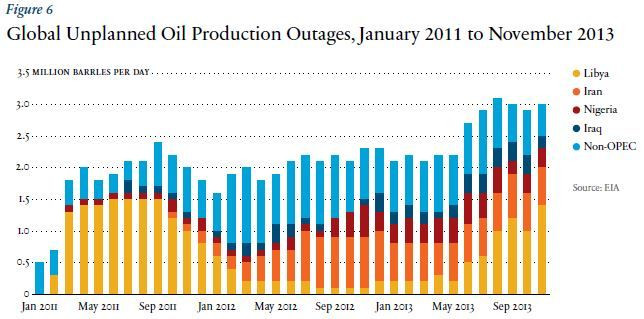
The Commission, which is a project of the P.X. Kelly Center for Energy Security at Securing America’s Future, a nonprofit dedicated to reduce America’s dependence on oil, is co-chaired by Admiral Dennis Blair, former director of national intelligence and commander in chief, U.S. Pacific Command; and General Michael W. Hagee, 33rd Commandant of the U.S. Marine Corps.
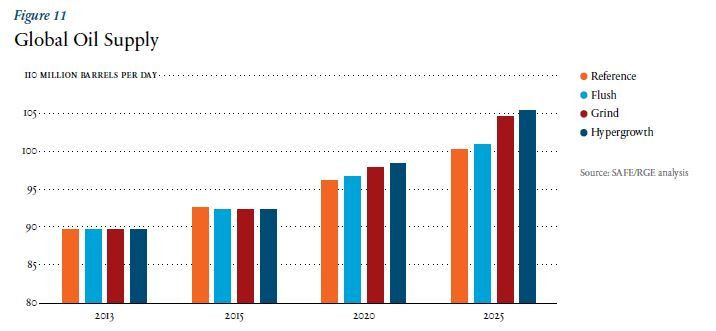
“The United States will only experience the full benefits of the domestic oil boom by working to help improve stability in the global oil market and decrease the nation’s exposure to it,” Blair said.
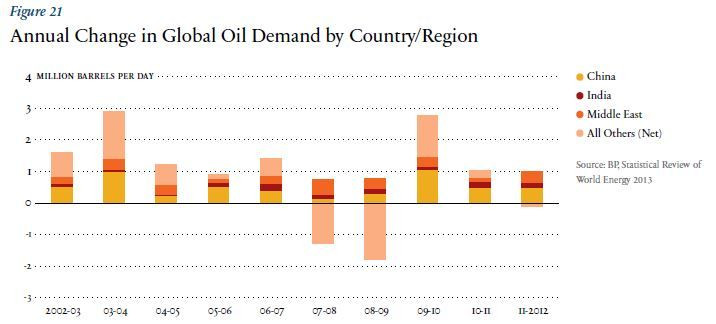
The report presents a "scenario-based analysis to help explore the likely impacts of rising U.S. oil production on a host of countries and regions across the globe, specifically the Middle East and North Africa, sub-Saharan Africa, Russia and China."
The following are the commission’s policy recommendations designed to “safeguard and advance U.S. interests.”
*Deepen global cooperation to protect key oil transit routes.
*Continue U.S. technological engagement to help promote the development of oil and gas resources around the globe.
*Rebuild a diplomacy-centered U.S. approach in the Middle East.
*As the United States completes the redeployment of major ground forces from Afghanistan, fashion a reconfigured forward-deployed posture in the region.
*Enhance Sino-American cooperation on development of tight oil in China and involve China in maritime security operations to protect oil shipping.
*Continue to promote the use of alternative transportation fuels, particularly electricity and natural gas, in addition to improved fuel efficiency.
*Establish guidelines for the use of the Strategic Petroleum Reserve and evaluate its proper size based on those criteria.
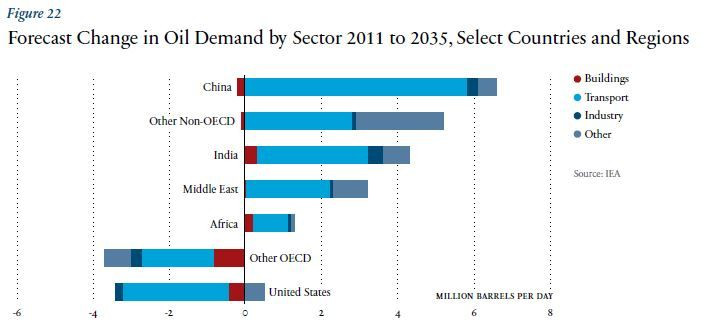
© Copyright IBTimes 2024. All rights reserved.






















